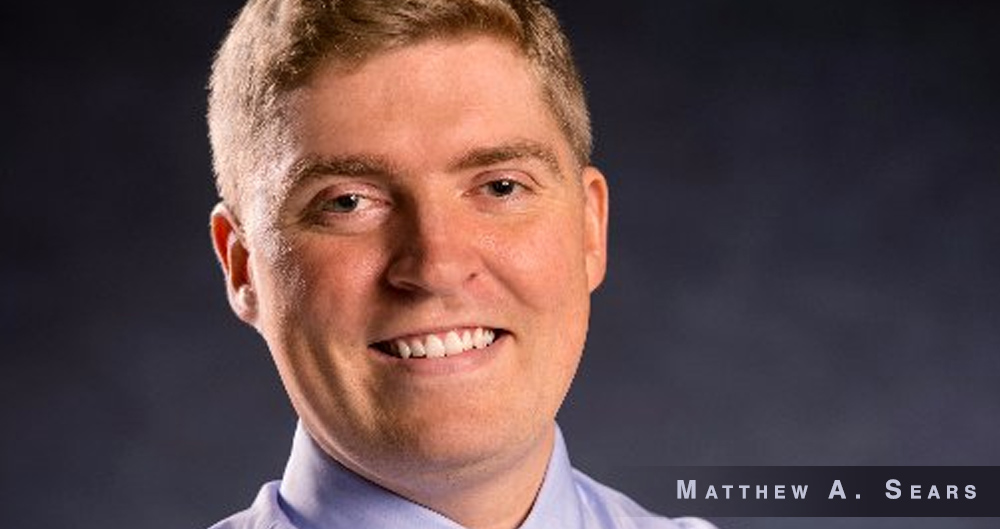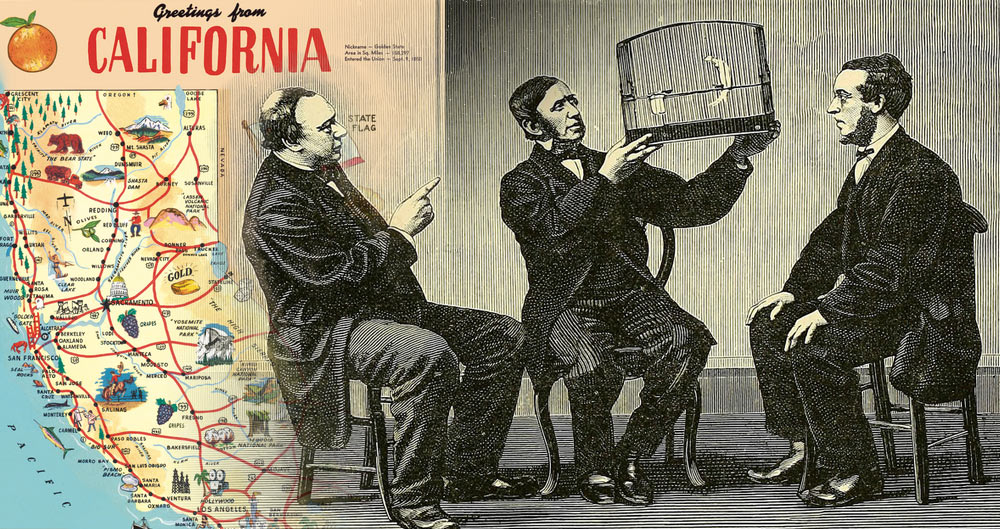The “best debates” are ones in which one side shouts down the other side and threatens violence.
Well, that is what a Washington Post essay implies. In “Why ‘social justice warriors’ are the real defenders of free speech on campus,” Matthew A. Sears, an associate professor of classics and ancient history at the University of New Brunswick, offers a bizarre take on current campus controversies.
After two years of bizarre antics from leftist student bodies in colleges and universities all over the country, academics as diverse as Steven Pinker, Jordan Peterson, and Camille Paglia have denounced the intentionally disruptive and even violent tactics of student mobs. We need to go back to the Socratic method and “the disinterested pursuit of truth,” as Jonathan Haidt, the author of The Righteous Mind, put it.
Sears counters this by defending the “social justice approach” as better than a “disinterested pursuit of truth.” Instead of “constituting an attack on knowledge, the social justice lens reflects new ideas generated by academic disciplines and experts within them, and generally encourages expanding our knowledge and opening up subjects to new perspectives, much like Socrates advocated.”
Conflating Socratic “dialectic” with the screaming matches and overt force used by the social justice students who have shut down lectures, seminars and fora featuring non-leftist figures such as Ben Shapiro, Heather Mac Donald and Charles Murray, is more effrontery than enlightening.*
And about that “social justice lens”? Lenses refract, mirrors reflect — and Sears’ argument, you will notice, defends bad behavior out of his classroom by focusing on how he teaches in class.
We don’t need mirrors or lenses to see the deflection here.
This is Common Sense. I’m Paul Jacob.
* It was heartening to read most commenters on the page engaging in a merciless “dialectic” against the author.











